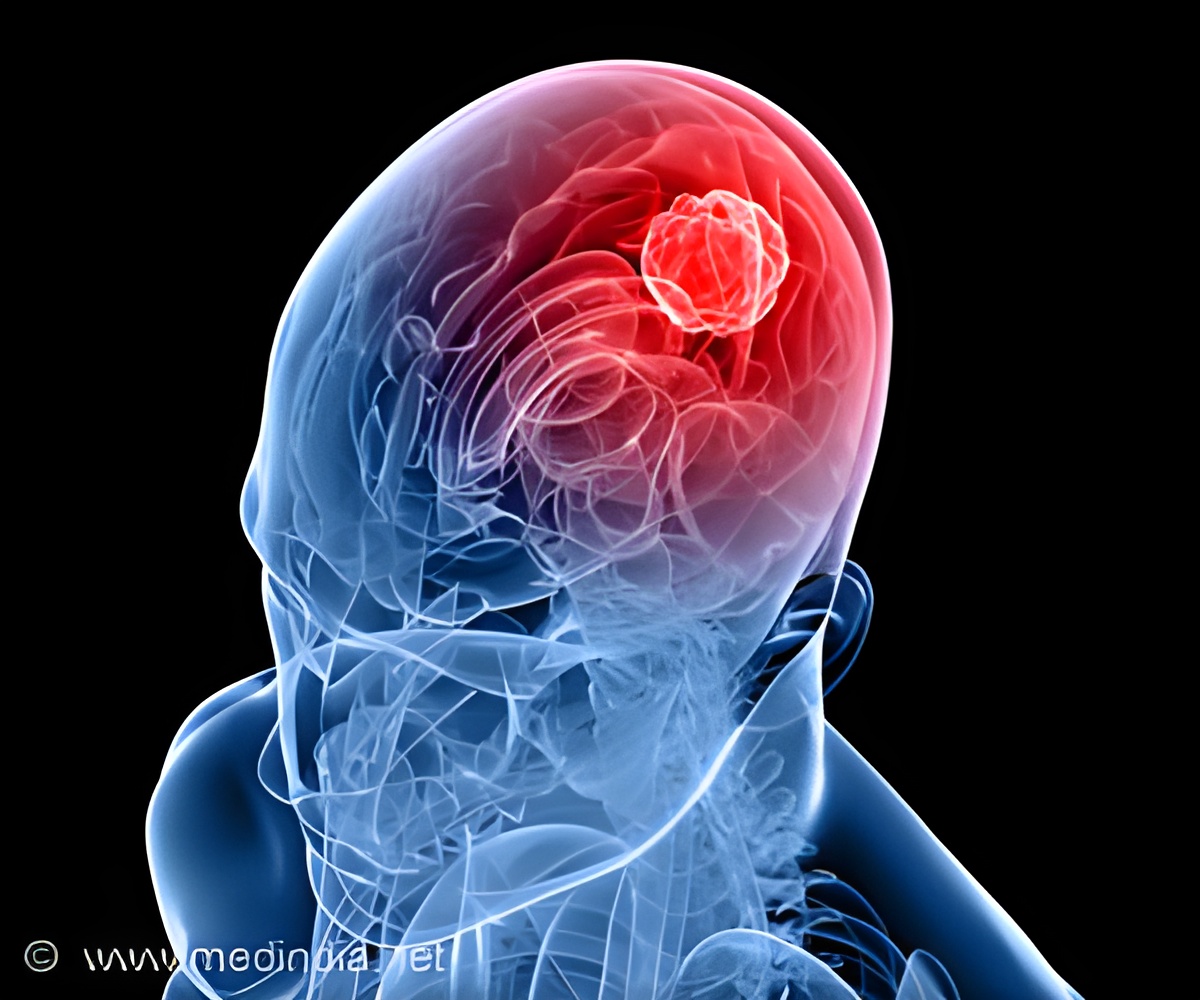
‘The stiffness of brain is found to be an important factor in determining differentiation of neurons.’
Tweet it Now
The research team cultivated iPS on a gel made of collagen from a fish called Tilapia* and successfully differentiated it into neurons. Tilapia: It is tropical fish living in Central Africa. Collagen is extracted from its skin.
In particular, the research team cultivated iPS after making collagen gel have the same stiffness as human brain (1500Pa) and confirmed that cerebral cortex neurons have been produced by 60% more compared with existing method.
The stiffness of human brain tissue changes as people age. Recently, it is reported that the stiffness of brain tissue changes with progress of neurodegenerative diseases such as Alzheimer's disease. The research team reproduced stiffness of brain tissues shown in various kinds of diseases in this research and expects that the cause and mechanism of brain diseases could be identified by cultivating neurons.
He added that "we expect that we can mass produce certain neurons to be utilized for neuron regeneration treatment in the future".
Advertisement
The research outcome will be published in the March issue of Scientific Reports, an international journal, and the name of the paper and authors are as follows.
Advertisement
Authors: Misato Iwashita (the 1st author, KBRI), Hatsumi Ohta, Takahiro Fujisawa, Minyoung Cho, Makoto Ikeya, Satoru Kidoaki and Yoichi Kosodo (corresponding author, KBRI)
Source-Eurekalert










